

A change over from Java to HTML5, new visuals and graphical tweaks, the replacement of midi for a fully orchestrated score, entirely customisable user interface and new entry points for players just joining a saga over a decade old, were just a few of the headlines from the showcase presentation of the game's new vision. Not bad for "just" a browser-based RPG.
As RuneScape gears up to enter its Sixth Age, with a three-year game plan already mapped out and the promise that player actions will have long-reaching impacts on the entire world, we sat down for a roundtable chat with three of its core creators: executive producer Phil Mansell, senior narrative designer Dave Osborne and head of audio Stephen Lord.



So, audio. Stephen, how'd you feel going from midi tracks to full orchestral score?
Stephen: It's been a huge operation. We can't play midi in RuneScape 3 - but there are nine hundred to a thousand pieces in the game. Two and a half days worth if you played it back to back. It's an awful amount of music. What we're doing - because we can't replace everything at once - is for launch we're doing to replace about a hundred tracks, about six hours of music. It's a lot.
So we've worked with orchestras - we've got some of the big epic orchestral bits in there - and we've also taken melodies people get nostalgic about, rework them in new ways, to keep sympathetic to the old tunes. But we're working with a lot of session musicians, just bringing in folk musicians, strange instruments and just having a lot of fun with it really. Because RS3 has a dedicated music server, it will stream music to the client, so we're not restricted on quality, so we can play it at full CD quality if we wish. That opens up so many more opportunities. That's really been the approach.
The weekly update model has worked really well for RS in the past, now you're moving to episodic stories - is that influenced by the likes of Telltale's Walking Dead or is it a natural progression?
Dave: I think - I've certainly been playing The Walking Dead - I think it's more influenced the choice, but we can talk about that later. It's about capitalising on what we haven't done in the past. What RS has done is really told one story then, four years later, told the follow up story. That doesn't feel like taking advantage of what is a huge advantage for us: our weekly release structure.
It's about designing stories that really capitalise on that, so I'm imagining that when we move into the Sixth Age that you're going to see is that a story will begin at the start of the year and over the course of the year you'll have had a few stories that cumulate that series. It's about taking advantage of that - Dickens had it before us, he used the periodic structure much better than we do, so it's about capitalising on that.
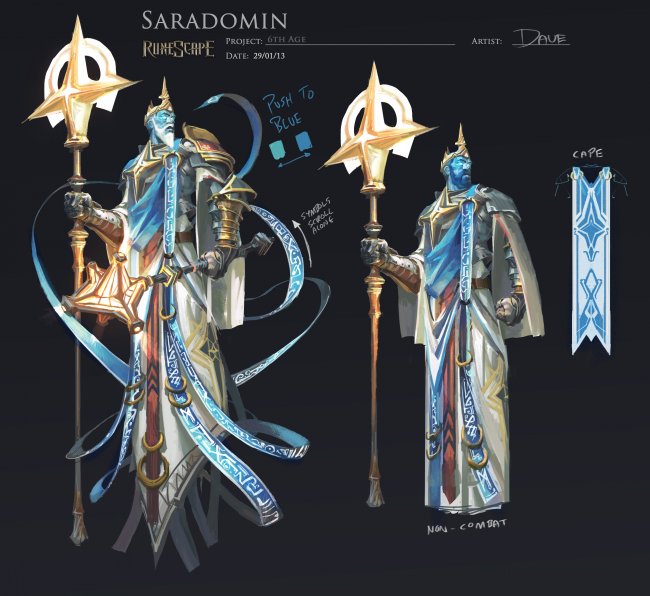
The game's been going so long it's obviously got a huge fan base - how are you going to attract new players?
Phil: So new players hasn't been RS tradition or strength, but genuinely we want to do something about it. So pretty much all the stuff we've went through today for RS3 is a careful balance between improving the game for our existing players and making it much more accessible and attractive to new players as well. The Java-installed base has a load of technical problems these days - that's really bad for new players. They hit this big wall.
HTML5, when it spreads - and I think about 80% of our user base use Google Chrome anyway - but when Firefox has full support in a few months, you'll be able to go to runesscape.com and be playing, with no extra plug -ins or settings, within a few seconds. That, for new players, is amazing.
But along with the interactive narrative, the world events, the big Sixth Age story thing, though it is really progressing a really long term story for RS, when we design it and implement all the details, we make sure there's routes in for new players. So even if you've just finished tutorials, the game recognises that. You'll go to a new area and there'll be an NPC that'll introduce you to it in a newbie way, a slightly simpler way of articulating the ideas.
We're really trying to be a lot more open for new players than we have been in the past. A new interface - interface has been one of our weaknesses - we wanted to turn that into a strength, much more usable for new players, but much more customisable for pre-existing players. We've really been playing on that duality in all the stuff we've been doing over the last year.
For that new player, everything you have here can be overwhelming. How are you working with that?
Phil: So we've got new introductions to the game which will better equip new players in the understanding of it. If someone has a friend that has RS, and they can tell them, describe to them the architecture of the game - this is how you get you quests, or this is how you level up your skills, this is how you play mini-games - it comes really quickly, and when someone persists and it clicks, we have them for years. Over half our players have been playing for over five years. That's amazing. If they can penetrate through the game.
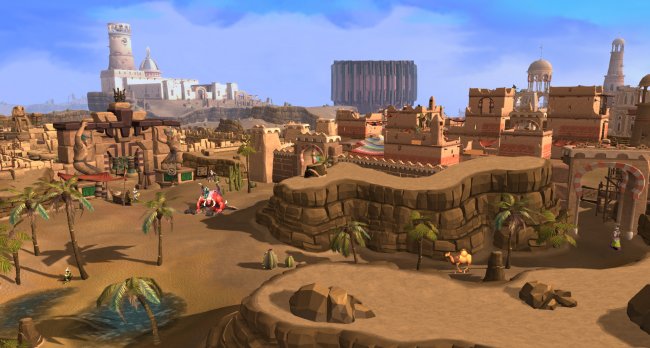
As long as you can get through the pain...
Dave: It's like when someone says you have to get through the first three seasons of a TV show before it gets really good. [laughs]
Phil: When I play things like Day Z or Dark Souls, the game - I don't mean in terms of it being hard, but you've got to learn it. Part of the enjoyment of the game is self-discovery. The game doesn't serve you everything on the plate. That's definitely how RS is. We want to go a bit closer to new players and help them get on board. But I think RS is as much of a virtual world as it is an MMO. So non-linear and so spread out you have to have the mindset to go out exploring and see what's round the next corner, and most games don't work like that. They're very directed and guided. So I think as we're continuing to build the game we need to help players get onto that mindset. Because when they're there, it really works. But it's quite a different way of playing.
What's the plan with RS and mobile devices?
Phil: So that's definitely in our long term plans. We really believe RS is going to work on those devices - large form factor tablet devices - HTML5 is better architecturally, more suited to run on those platforms than our old Java architecture.
As well as changing the code base we re-archected the software. It helps us more than anything else, as it's more suitable as a piece of software, so we can get to mobile a bit faster - technically.
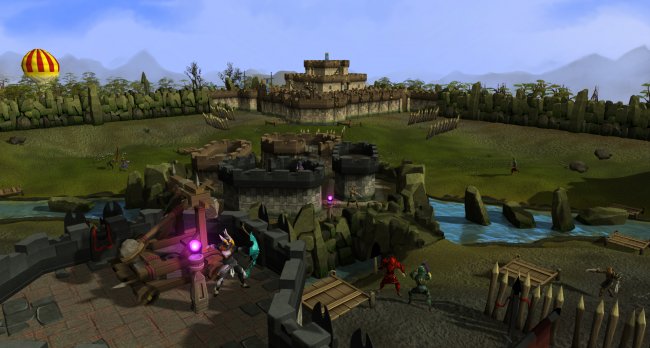
What's stopping you now?
Phil: You could but you wouldn't enjoy it because we've made RS for the past 12 years around pointer devices, which is not fundamentally how you play touch devices. So that's our next big challenge - to make RS work beautifully with a touch device. I really think we can do it. It's already context-sensitive actions with objects and other characters. The underlining grammar of the game would work really well on touch. The front end, the interface, doesn't yet.
Are you looking at other games in the field to see what possibly you could do?
Phil: There's a few... We can't name-drop competitors, but there are a few that have come close. I've seen an amalgamation of other games enough to show me... not even our competitors, but games like The Sims - not quite what we'd need - but they have bits of object interaction and radial menus and the way the camera works that you can see. Transpose that against RS and see how it's going to work. So we're really confident.
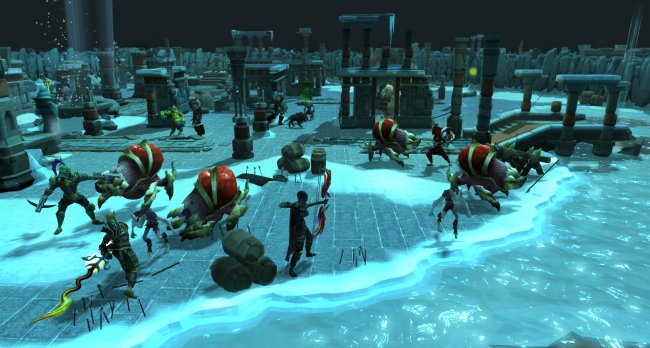
Are you completely rethinking the UI or looking to build on pre-existing forms?
Phil: The way our technical vision for it is: one server, two front ends. When RS moves to tablets we want it to be a different window into the same world. It might not have all the power-user features, because that's not really what that audience needs, I suspect to start with at least. But just as you could have a Java player standing next to a HTML5 player at the moment, they could have a iPad or Nexus player together. And that's the vision. Archectually it works but it wouldn't work in terms of brilliant gameplay. We'll get there.
RS Players were described as spiritual shareholders: why give so much control to your player base instead of driving things forward yourself?
Phil: I've not been at Jagex for twelve years but things change with the different people involved. I also think the relationship with our players is that they've been playing longer and what they want out of the game and their expectations of us changes over time as well. And to be honest we possibly haven't been listening enough.
Coming through last year we knew we had big technology coming. We asked ourselves "what is RS going to do next in terms of big cool stuff?" And some of it was epic scale, some of it was "maybe we're not the best people to make all of the decisions". Maybe the players would like a go at this. And they might really enjoy it. Get really taken up with it. There's maybe more enjoyment overall - of not just participating, but being part of the decision making. So it just makes it a better game for them.
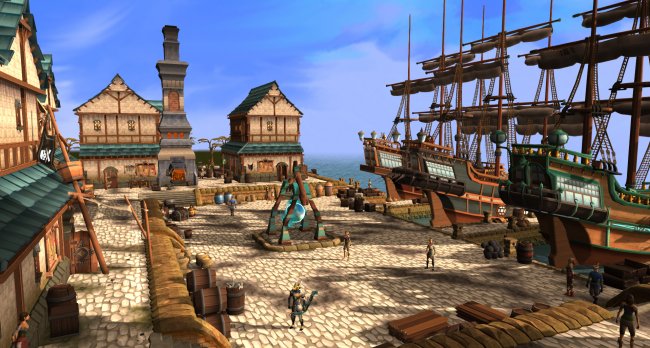
Dave: And you only have to be at a Runefest to see the sheets of questions, because they're fundamentally passionate about it. And they each have their own niches they like because there's so much to enjoy in RS, it's strong in several different directions; story, having choice about my character, guilds, skill set... They'll have different things to push for. They all have their opinions of what it is, we've already got an invested player base... I've almost forgotten my point... [laughs]
For me, the fact that we can react so quickly to what players want from our game, means that we are in a prime position to react to that. If they want something they can define it. We have a choice of which quest to do next - pirates or gnomes quests. We put that out to the players and they fundamentally make the choice for us. We're ready with three different briefs to go straight into it, we can produce content at a reasonably fast scale. We are in a prime position to take advantage of that.
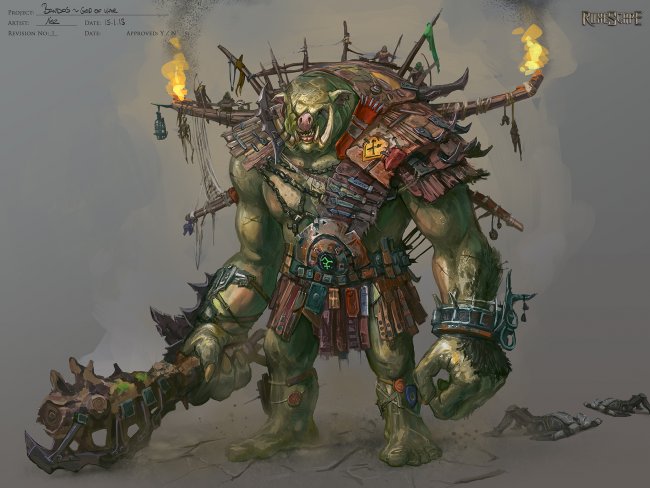
Phil: Without sounding wet, we mightn't seem indie because we're so big, but one of the great things about working at Jagex is that we have full creative control. I don't have a boss above me telling me the focus groups don't like this, you can't do that. It sounds silly but at times we have an obligation to push stuff and try things differently. Small proper indie devs get to do that, in their space. And very few people on our scale get to do kind of crazy stuff at times so in a way it's an obligation to just try because no one can.
Should developers listen to gamers more? Do expectations warring with the financial aspect create big problems?
Phil: We're very lucky in that we have a lot of players, a lot of paying players, and they're very supportive of what is essentially a niche way of playing. I think we're successful because of what we're doing.
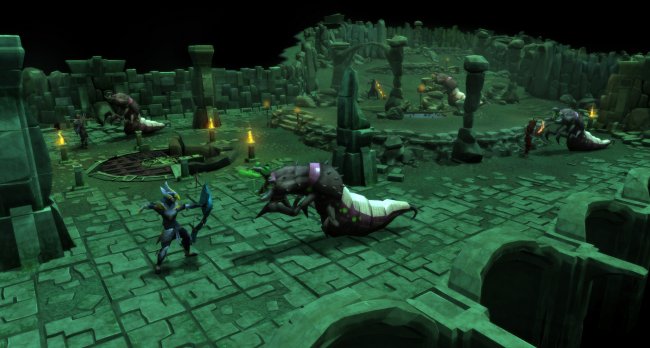
200 million users, that's not really niche..
Phil: I think if you go to the bosses of EA they'd be quite condescending at what we do. I don't really care, I'm really proud of what we do....sorry, were are we going with this?
I could on for hours, I think we take what I think is an intelligent, balanced approach and listen to their opinions and we give them some influence, but obviously we look at their actions, and their forum posts and what they play. I think there'd be some other people who look at all the analytics and say "oh, they want this button to be blue". But we're in it for them. If they're enjoying it then we benefit from it by proxy.
Dave: I'd also as many people treat our game as a social place to meet - a chat room. So they are there for the community, not for us necessarily, and so the idea of them driving a lot of the content is perfectly natural. I certainly wouldn't say other games should do that more...
Phil: I'm hesitant to say other people should do it more, we're not experts in other people's games. But the gaming landscape would be really interesting if more people did it.
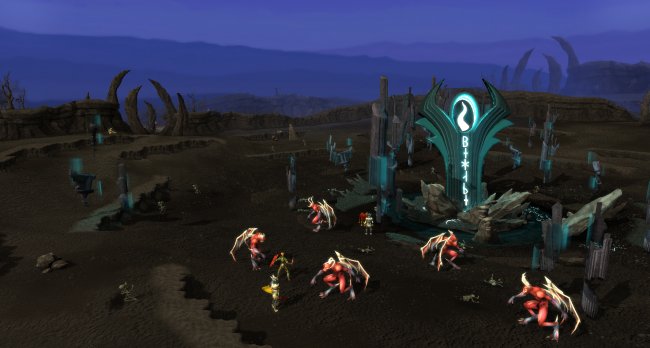
We'll have GRTV interviews with Jagex's Design Director Mark Ogilive and Content Design Manager Dean Ollive on the site over the coming week.
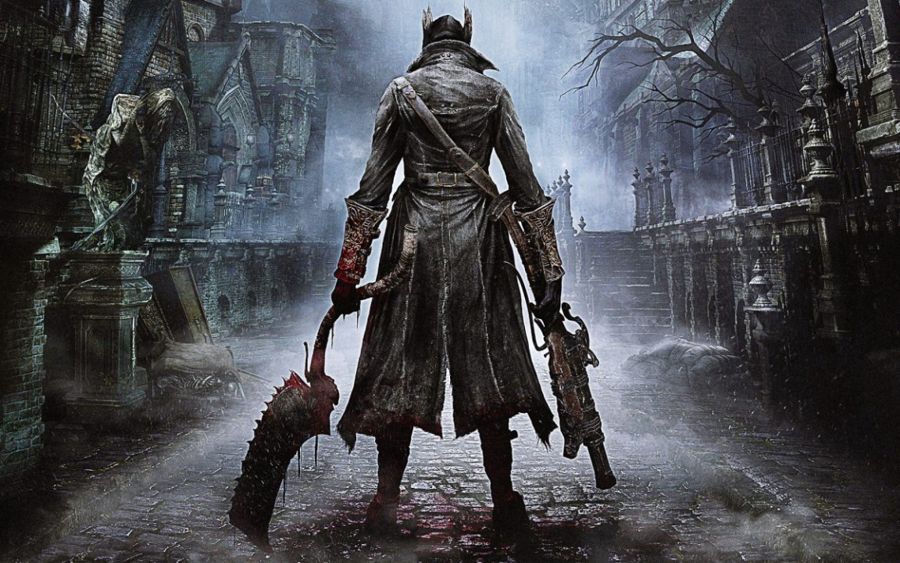
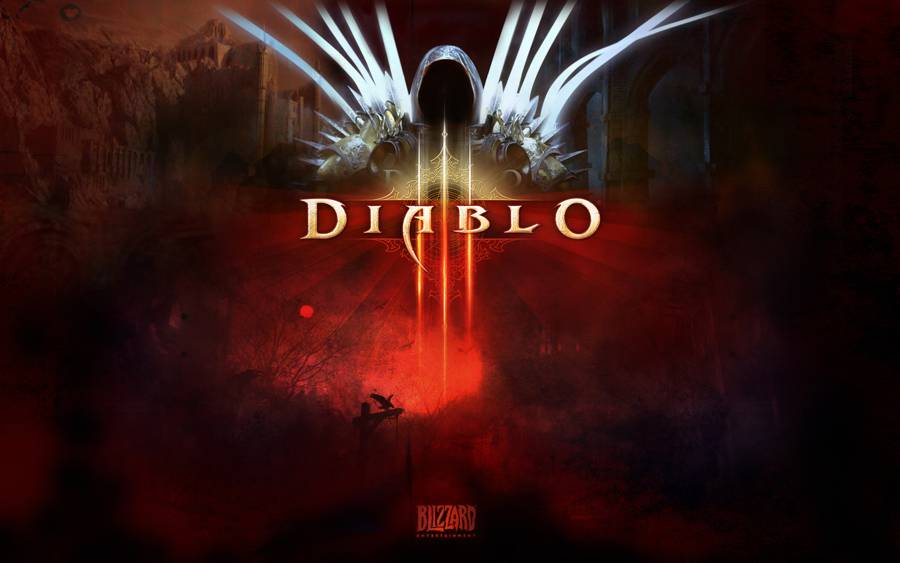
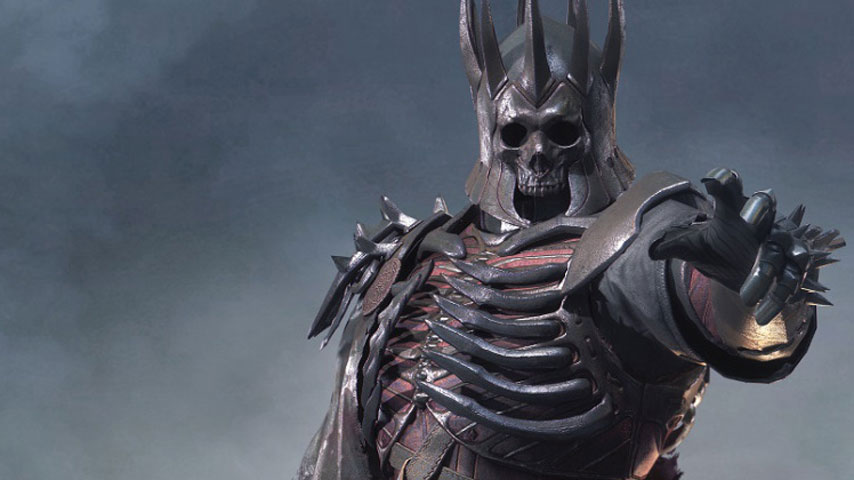

 Just Cause 3 Vehicle Location Guide
Just Cause 3 Vehicle Location Guide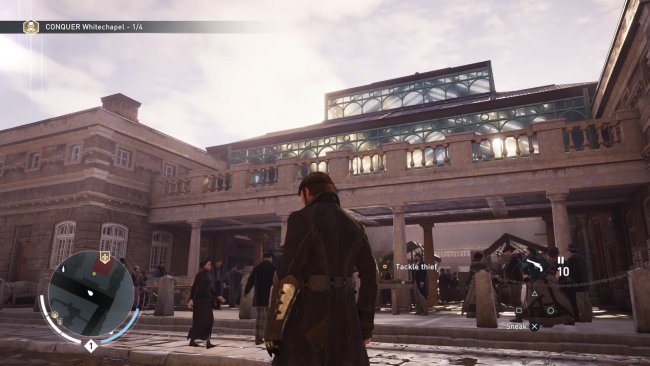 An Assassins Guide to London
An Assassins Guide to London Diablo 3 Fast Leveling Guide
Diablo 3 Fast Leveling Guide 5 Best Super Mario Games for PC,PS3,XBOX
5 Best Super Mario Games for PC,PS3,XBOX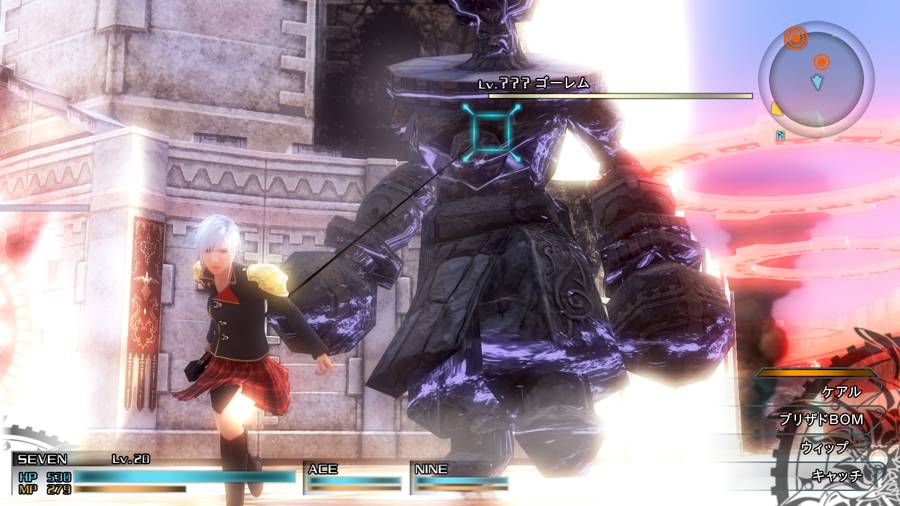 Final Fantasy Type-0 HD Guide: Rubrum Tasks Guide
Final Fantasy Type-0 HD Guide: Rubrum Tasks Guide